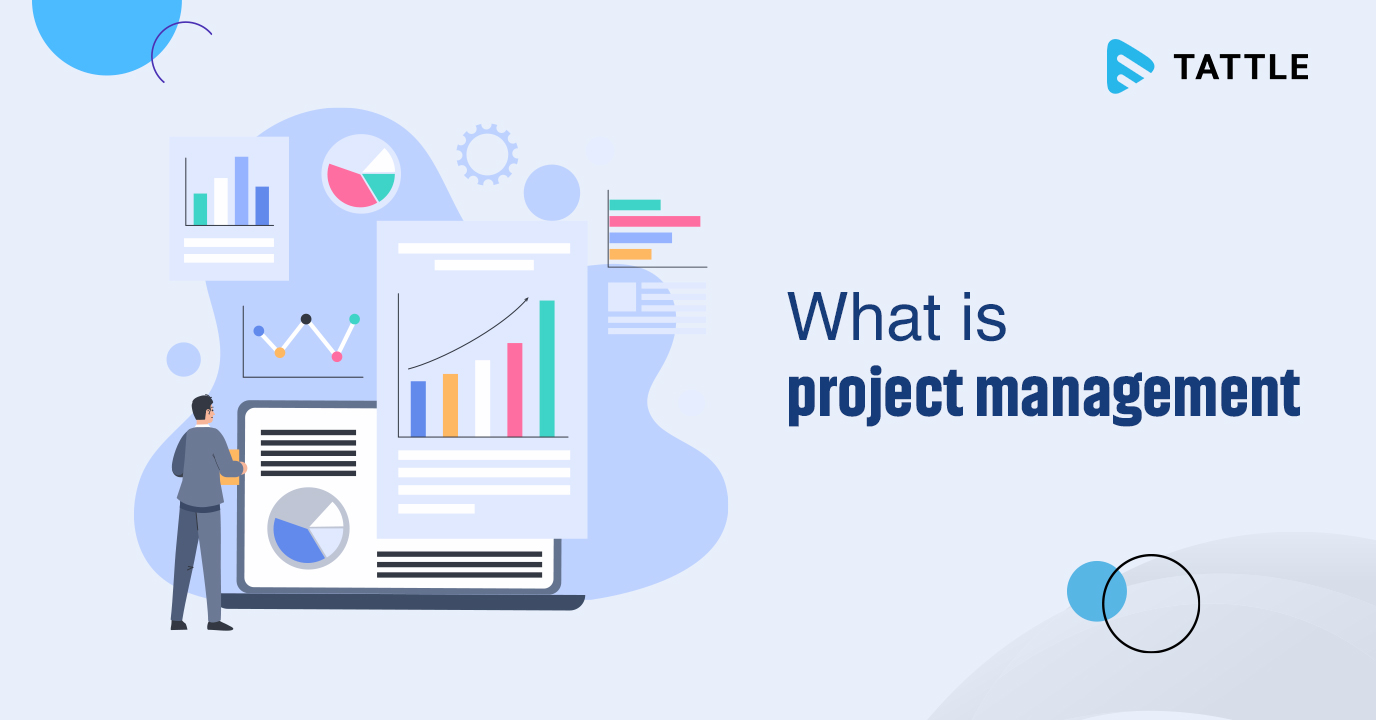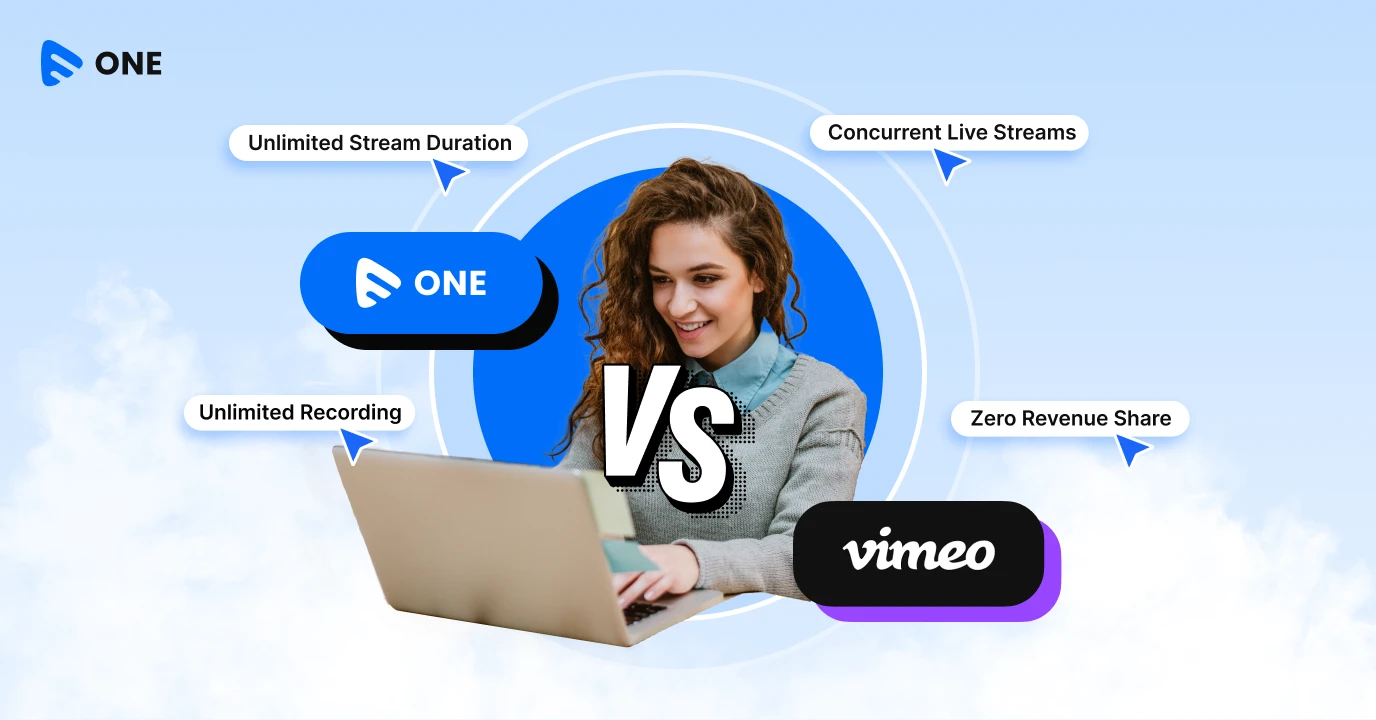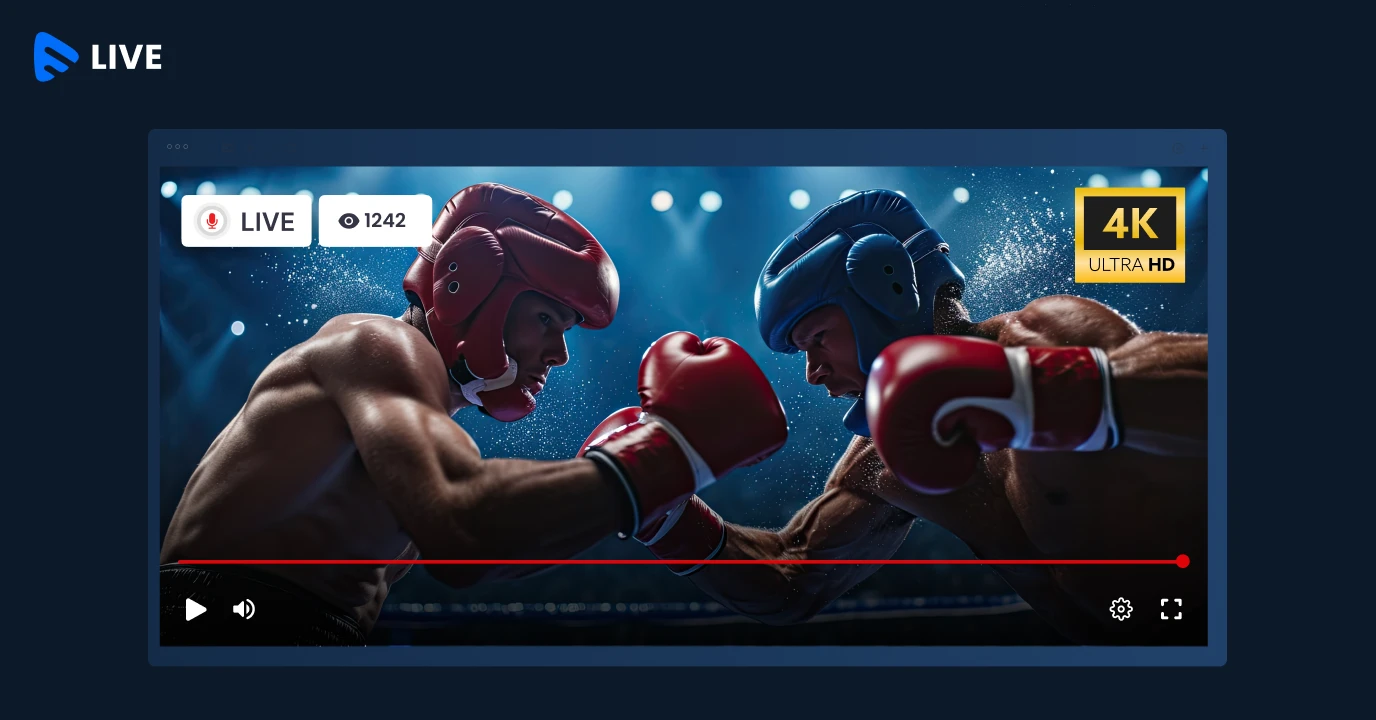Whether you are new to project management or have years of experience dealing with the bulk of projects at a time, managing as well as completing a project within the deadline and specified budget is not easy at all.
There are several different types of projects and each of them pose a definite set of challenges. This project management training will help newcomers who were exposed to project management without any fundamental training and also for intermediaries as well as experienced project managers who want to dive deep down learning more about project management procedures and tactics.
So project management can be defined as planning and executing projects to achieve a defined set of goals. It is accomplished by using plans, calendars and resources to perform activities within a time frame. You may also consider it as the process of driving a project from beginning to end through its lifecycle. The life cycle starts when the project is started and ends when the project is accomplished within the time frame.
Why Project Management is important?
Project management is vital to fuel productivity, boost transparency and offer a clear vision to the team. It also brings other advantages such as:
- Helpful communication
- Proficient resource management
- Enhanced customer fulfilment
- Adaptability and advanced risk tolerance
- Superior team morale
- Enhanced quality of the productivity
- Retrospective learning

5 Important Phases of Project Management
Visualizing and initiating the project
The visualization and initiation phase is the commencement of a project. It is determined by high-level expectations such as why a project is required, whether it is viable or not and what are the various requirements to complete the project successfully.
This phase includes stakeholders’ approvals to carry on to the next phase, documentation as per project requirements, and approximate estimates of time as well as resources needed to achieve the project.
Planning the project
It is the immediate next phase of visualization and initialization. In this phase, project managers sketch the project scope, time structure, and risks involved.
This phase results in a comprehensive project plan, budget constraints, timetable, individual goals, scope and updated stakeholder checklist.
Execution
In the execution segment, team members are synchronized and steered through appropriate communication to get the job done as approved in the planning phase.
It also includes proper allotment and supervision of several resources such as materials and budget. Deliverables are the output of this phase.
Supervising and Control
During this phase, time, cost and performance are evaluated at every stage and required modifications are made to the project actions, resources, and preparation to make everything perfect and keep the thing on the right track.
This phase generates progress statements and other communications that make sure observance to the project plans and prevent bigger targets along with deadline interruptions.
Closure or finishing point
The final phase includes reviewing the project deliverables as well as switching them to the leaders. It is also referred to as the project closure phase in a project management lifecycle.
This segment provides time for both celebrations as well as reflection. Outcomes of this phase include approved results along with the wisdom to apply in a similar type of project.
Tattle is the best check-list based workflow management software that helps manage projects from the beginning to the end. It helps you in all 5 phases of the project lifecycle and lets you create an ideal workflow in minutes without any coding. Start our 14 days free trial now!
















Add your comment